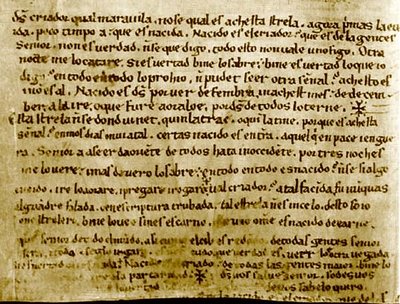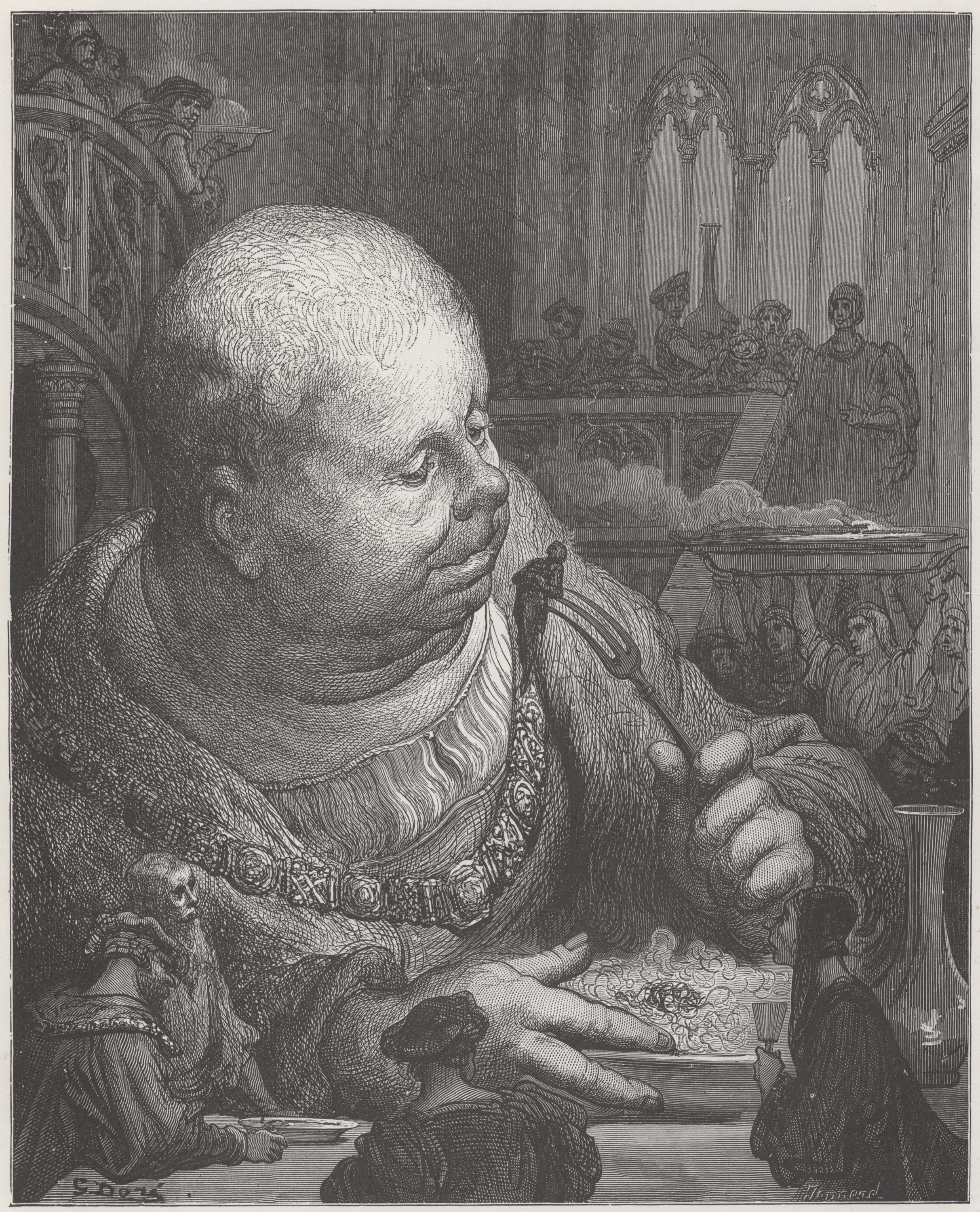|
Frank-Rutger Hausmann
Frank-Rutger Hausmann (born 5 February 1943) is a German Romanist and historian. Life and career Hausmann was born in Hanover in 1943, the son of the military doctor Hans Hausmann. After graduating from the neo-linguistic Städtisches Gymnasium Gummersbach in 1962, he studied law, Romance languages and literature, history and Medieval Latin Philology in Göttingen and Freiburg, where he received his doctorate in 1968 under Vito Rocco Giustiniani with a thesis on the Italian humanist and bishop Giovanni Antonio Campano. In 1974, he also completed his habilitation in Freiburg. In 1976 he was appointed to a position as Scientific Council. In 1981 he accepted a call to the RWTH Aachen. In 1992, Hausmann was appointed Professor of at the Albert-Ludwigs-Universität Freiburg. In the 1999/2000 academic year, Hausmann was a research fellow at the in Munich. He retired in 2006. Hausmann's research focuses on French and Italian literature, the history of the humanities and the history ... [...More Info...] [...Related Items...] OR: [Wikipedia] [Google] [Baidu] |
Romance Studies
Romance studies or Romance philology ( an, filolochía romanica; ca, filologia romànica; french: romanistique; eo, latinida filologio; it, filologia romanza; pt, filologia românica; ro, romanistică; es, filología románica) is an academic discipline that covers the study of the languages, literatures, and cultures of areas that speak a Romance language. Romance studies departments usually include the study of Spanish, French, Italian, and Portuguese. Additional areas of study include Romanian and Catalan, on one hand, and culture, history, and politics on the other hand. Because most places in Latin America speak a Romance language, Latin America is also studied in Romance studies departments. As a result, non-Romance languages in use in Latin America, such as Quechua and Guarani, are sometimes also taught in Romance studies departments. Romance studies departments differ from single- or two-language departments in that they attempt to break down the barriers i ... [...More Info...] [...Related Items...] OR: [Wikipedia] [Google] [Baidu] |
Badische Zeitung
The ''Badische Zeitung'' (''Baden Newspaper'') is a German newspaper based in Freiburg im Breisgau, covering the South Western part of Germany and the Black Forest The Black Forest (german: Schwarzwald ) is a large forested mountain range in the state of Baden-Württemberg in southwest Germany, bounded by the Rhine Valley to the west and south and close to the borders with France and Switzerland. It is ... region. It has a circulation of 145,825 and a readership of 409,000. The paper was founded in January 1946. In december 2013, a cartoon by Horst Haitzinger published in the Badische Zeitung was selected by the Simon Wiesenthal Center as one of the top 10 anti-Semitic and anti-Israeli slurs of 2013 because it appeared in various newspapers, depicted the Prime Minister Israeli Benjamin Netanyahu as the poisoner of the depicted Peace Doves.Dietrich Alexander''Irans Machthaber führt beschämende Liste an.''In: '' Welt online'', 30. Dezember 2013, abgerufen am 28. Septembe ... [...More Info...] [...Related Items...] OR: [Wikipedia] [Google] [Baidu] |
1943 Births
Events Below, the events of World War II have the "WWII" prefix. January * January 1 – WWII: The Soviet Union announces that 22 German divisions have been encircled at Stalingrad, with 175,000 killed and 137,650 captured. * January 4 – WWII: Greek-Polish athlete and saboteur Jerzy Iwanow-Szajnowicz is executed by the Germans at Kaisariani. * January 11 ** The United States and United Kingdom revise previously unequal treaty relationships with the Republic of China. ** Italian-American anarchist Carlo Tresca is assassinated in New York City. * January 13 – Anti-Nazi protests in Sofia result in 200 arrests and 36 executions. * January 14 – 24 – WWII: Casablanca Conference: Franklin D. Roosevelt, President of the United States; Winston Churchill, Prime Minister of the United Kingdom; and Generals Charles de Gaulle and Henri Giraud of the Free French forces meet secretly at the Anfa Hotel in Casablanca, Morocco, to plan the Allied European strategy for the next stage ... [...More Info...] [...Related Items...] OR: [Wikipedia] [Google] [Baidu] |
RWTH Aachen University Faculty
RWTH Aachen University (), also known as North Rhine-Westphalia Technical University of Aachen, Rhine-Westphalia Technical University of Aachen, Technical University of Aachen, University of Aachen, or ''Rheinisch-Westfälische Technische Hochschule Aachen'', is a German public research university located in Aachen, North Rhine-Westphalia, Germany. With more than 47,000 students enrolled in 144 study programs, it is the largest technical university in Germany. In 2018, the university was ranked 31st in the world university rankings in the field of engineering and technology, and 36th world-wide in the category of natural sciences.Daten & Fakten – RWTH AACHEN UNIVERSITY – Deutsch Rwth-aachen.de (12 December 2011). Retrieved on 2013-09-18. [...More Info...] [...Related Items...] OR: [Wikipedia] [Google] [Baidu] |
University Of Freiburg Faculty
A university () is an institution of higher (or tertiary) education and research which awards academic degrees in several academic disciplines. ''University'' is derived from the Latin phrase ''universitas magistrorum et scholarium'', which roughly means "community of teachers and scholars". Universities typically offer both undergraduate and postgraduate programs. The first universities in Europe were established by Catholic Church monks. The University of Bologna (), Italy, which was founded in 1088, is the first university in the sense of: *being a high degree-awarding institute. *using the word ''universitas'' (which was coined at its foundation). *having independence from the ecclesiastic schools and issuing secular as well as non-secular degrees (with teaching conducted by both clergy and non-clergy): grammar, rhetoric, logic, theology, canon law, notarial law.Hunt Janin: "The university in medieval life, 1179–1499", McFarland, 2008, , p. 55f.de Ridder-Symoens, Hilde' ... [...More Info...] [...Related Items...] OR: [Wikipedia] [Google] [Baidu] |
Historians Of Science
The history of science covers the development of science from ancient history, ancient times to the present. It encompasses all three major branches of science: natural science, natural, social science, social, and formal science, formal. Science's earliest roots can be traced to Ancient Egypt and Mesopotamia around 3000 to 1200 Common Era, BCE. These civilizations' contributions to mathematics, astronomy, and medicine influenced later Greek natural philosophy of classical antiquity, wherein formal attempts were made to provide explanations of events in the Universe, physical world based on natural causes. After the fall of the Western Roman Empire, knowledge of Science in classical antiquity, Greek conceptions of the world deteriorated in Latin-speaking Western Europe during the early centuries (400 to 1000 CE) of the Middle Ages, but continued to thrive in the Greek-speaking Byzantine Empire, Eastern Roman (or Byzantine) Empire. Aided by translations of Greek texts, the Hell ... [...More Info...] [...Related Items...] OR: [Wikipedia] [Google] [Baidu] |
Historians Of Nazism
A historian is a person who studies and writes about the past and is regarded as an authority on it. Historians are concerned with the continuous, methodical narrative and research of past events as relating to the human race; as well as the study of all history in time. Some historians are recognized by publications or training and experience.Herman, A. M. (1998). Occupational outlook handbook: 1998–99 edition. Indianapolis: JIST Works. Page 525. "Historian" became a professional occupation in the late nineteenth century as research universities were emerging in Germany and elsewhere. Objectivity During the '' Irving v Penguin Books and Lipstadt'' trial, people became aware that the court needed to identify what was an "objective historian" in the same vein as the reasonable person, and reminiscent of the standard traditionally used in English law of "the man on the Clapham omnibus". This was necessary so that there would be a legal benchmark to compare and contrast the schol ... [...More Info...] [...Related Items...] OR: [Wikipedia] [Google] [Baidu] |
Romance Philologists
Romance (from Vulgar Latin , "in the Roman language", i.e., "Latin") may refer to: Common meanings * Romance (love), emotional attraction towards another person and the courtship behaviors undertaken to express the feelings * Romance languages, a subgroup of the Italic languages ** Romance studies, an academic discipline studying the languages, literatures, and cultures of areas that speak a Romance language Places * Romance, Arkansas, U.S. * Romance, Missouri, U.S. * Romance, West Virginia U.S. * Romance, Wisconsin, U.S. Arts, entertainment, and media Film * Romance film, a genre of film of which the central plot focuses on the romantic relationships of the protagonists ** Romantic comedy ** Romantic thriller * ''Romance'' (1920 film), silent film, directed by Chester Withey * ''Romance'' (1930 film), starring Greta Garbo * ''Romance'' (1936 film), an Austrian film starring Carl Esmond * ''Romance'' (1983 film), a Bollywood film produced and directed by Ramanand Sagar * ... [...More Info...] [...Related Items...] OR: [Wikipedia] [Google] [Baidu] |
Gargantua And Pantagruel
''The Life of Gargantua and of Pantagruel'' (french: La vie de Gargantua et de Pantagruel) is a pentalogy of novels written in the 16th century by François Rabelais, telling the adventures of two giants, Gargantua ( , ) and his son Pantagruel ( , ). The work is written in an amusing, extravagant, and satirical vein, features much erudition, vulgarity, and wordplay, and is regularly compared with the works of William Shakespeare and James Joyce. Rabelais was a polyglot, and the work introduced "a great number of new and difficult words ..into the French language". The work was stigmatised as obscene by the censors of the Collège de la Sorbonne, and, within a social climate of increasing religious oppression in a lead up to the French Wars of Religion, it was treated with suspicion, and contemporaries avoided mentioning it.Le Cadet, Nicolas (2009) Marcel De Grève, La réception de Rabelais en Europe du XVIe au XVIIIe siècle', Cahiers de recherches médiévales et humanis ... [...More Info...] [...Related Items...] OR: [Wikipedia] [Google] [Baidu] |
Medieval Latin
Medieval Latin was the form of Literary Latin Classical Latin is the form of Literary Latin recognized as a Literary language, literary standard language, standard by writers of the late Roman Republic and early Roman Empire. It was used from 75 BC to the 3rd century AD, when it developed ... used in Roman Catholic Western Europe during the Middle Ages. In this region it served as the primary written language, though local languages were also written to varying degrees. Latin functioned as the main medium of scholarly exchange, as the liturgical language of the Roman Catholic Church, Church, and as the working language of science, literature, law, and administration. Medieval Latin represented a continuation of Classical Latin and Late Latin, with enhancements for new concepts as well as for the increasing integration of Christianity. Despite some meaningful differences from Classical Latin, Medieval writers did not regard it as a fundamentally different language. There i ... [...More Info...] [...Related Items...] OR: [Wikipedia] [Google] [Baidu] |






